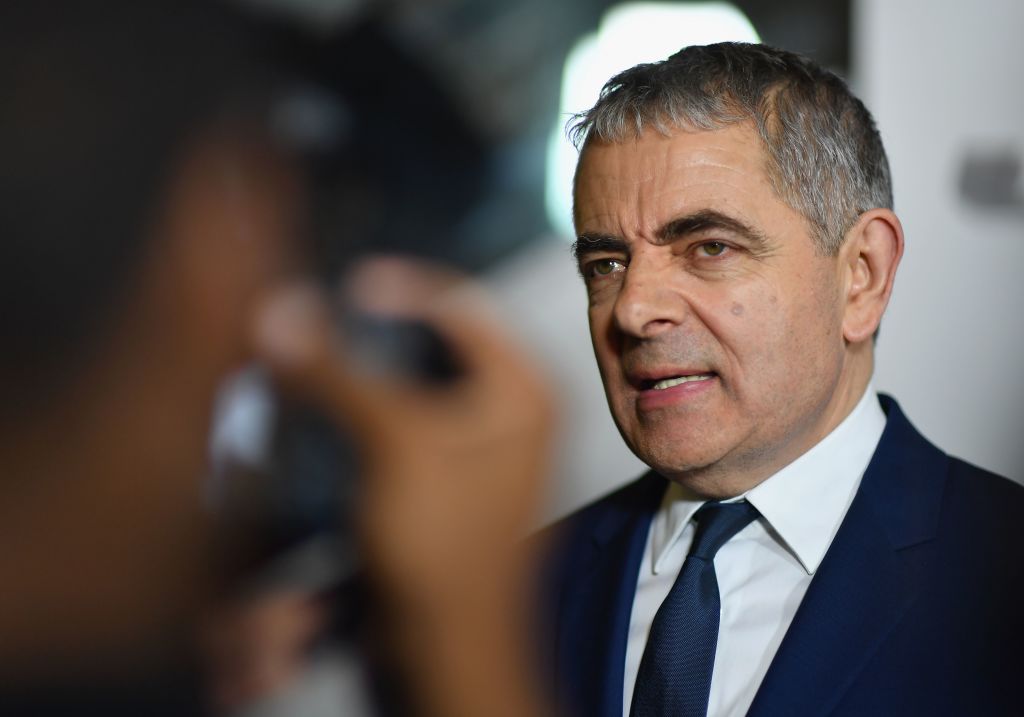Thank God for comedians. We need them more than ever in these miserable times to cheer us up. But they also play a more vital role: in the fight for free speech. John Cleese is the latest comedian to join the battle. During a debate on the controversial Scottish hate crime bill, Cleese said it would be ‘disastrous to the creative process because the creative process is a matter of spontaneity’. He’s right: this is a law which if introduced could change comedy – and free speech – for ever.
Cleese is not the only comedian to speak out. Rowan Atkinson has co-signed a letter warning the proposals could stifle freedom of expression. Atkinson is no stranger to sticking up for free speech: back in 2012, he helped push for an amendment to remove the word ‘insults’ from section 5 of the Public Order 1986 Act, because campaigners argued they must be free to insult each other without fear of arrest. In a speech in parliament, Atkinson referred to some of the ‘ludicrous’ real-life arrests – which included, he said, the arrest of an Oxford student for asking if a police horse was gay. Thank goodness Atkinson made a stand in the spirit of Blackadder Goes Forth then and is doing so again now.
Over a decade ago, my involvement in the Libel Reform Campaign (triggered by the Simon Singh case) also demonstrated how comedians were willing to stand up for our right to free speech. Dara Ó Briain, Shappi Khorsandi and Dave Gorman joined the fight. In the end, the enactment of the Defamation Act 2013 tilted the balance towards greater protection for freedom of expression, not least because claimants now have to prove a publication has caused, or is likely to cause ‘serious harm’ to their reputation, before a case can progress. Prior to this, London had built a notorious reputation for being the ‘libel capital of the world’; it was also the preferred destination for ‘libel tourists’ including Russian oligarchs and Saudi billionaires determined to muzzle those who criticised them. There is little doubt that, in this case and others, the influence of celebrity comedians helped amplify the concerns of ordinary plebs like me.
After all, while campaigners have been busy speaking out against the SNP hate crime bill, it’s hard to make a proposed law sound interesting. This is why the contribution of comedians in this fight is so vital. The likes of Atkinson and now Cleese joining in this critically important debate will embolden the coalition of groups and activists pushing back against this threat to free speech.
Their joint efforts have already forced a U-turn on some of the vague, highly subjective, and badly-drafted aspects of this proposed legislation. Let’s hope for free speech’s sake that further amendments will now be made in order to protect rational debate and open discussion. As Jamie Gillies from the Free to Disagree (FTD) campaign says: ‘The anxiety of much-loved comics like John Cleese shows just how problematic the ‘stirring up’ proposals are. If these subjective offences pass, comedy skits of the kind seen in Monty Python and Fawlty Towers could be a problem. Comedians would be constantly self-censoring for fear of causing offence and being reported to the police. Eroding artistic freedom through well-meaning but badly-drafted hate crime laws would greatly diminish Scottish culture and discourage comedians from pursuing their careers in Scotland in the future. The remaining problems with the hate crime bill must be addressed by MSPs urgently if we are to avoid these negative outcomes.’
Let us hope Holyrood take heed of what is at stake here. In this crucial fight, having the comedians on our side could make the difference.






Comments